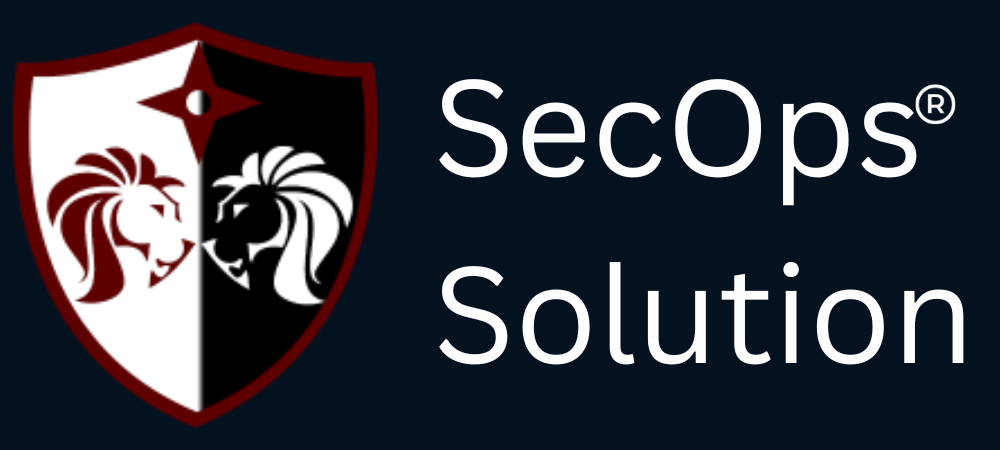
Agentless security for your infrastructure and applications - to build faster, more securely and in a fraction of the operational cost of other solutions

hello@secopsolution.com
.png)
Cloud computing has transformed the way businesses operate by allowing them to store, process, and access their data and applications on remote servers. However, as more and more companies migrate their data to the cloud, there is a growing concern about data security and privacy. One of the biggest risks to cloud security is third-party access to sensitive data. According to recent reports, around 82% of companies are giving third-party vendors access to their cloud data without even realizing it. In this blog, we will discuss this issue in detail and explore ways to mitigate this risk.
Companies are increasingly relying on third-party vendors to provide a wide range of services, including cloud storage and data management. While this can be a cost-effective solution, it can also pose a significant risk to data security and privacy. According to a recent report by Wiz.io, 82% of companies are giving third-party vendors access to their cloud data, including sensitive data such as customer information, financial data, and intellectual property. What’s more alarming is that most companies are not even aware of this, as third-party access is often granted as part of the terms and conditions of the cloud service provider.
The risk arises when these third-party vendors are granted access to cloud data without adequate security measures in place, creating a weak link in the security chain. In many cases, third-party vendors do not have the same level of security as the primary company, which makes it easier for hackers to exploit vulnerabilities and gain access to sensitive data.
In addition, it can be challenging to monitor and track the activities of third-party vendors, especially when they have access to cloud data. Even when contracts and agreements are in place, there may be a lack of transparency in terms of the actual data access and usage, making it difficult to identify and respond to potential threats.
The risks associated with giving third-party vendors access to all cloud data are significant. Companies may be unaware of the potential security threats when they give third-party vendors full access to their cloud data. Some of the significant risks associated with granting third-party vendors access to all cloud data include:
1. Data Breaches:
Third-party vendors may not have the same level of security measures in place to protect your data, making it more vulnerable to breaches and cyberattacks.
2. Data Misuse:
Third-party vendors may use your data for their own purposes, such as marketing or advertising, without your knowledge or consent.
3. Regulatory Compliance:
Companies that fail to comply with regulations such as GDPR or HIPAA may face severe penalties and reputational damage.
To mitigate the risk of third-party access to cloud data, companies should follow the below best practices:
Regular monitoring of the cloud environment can help identify unauthorized access and prevent data breaches. This monitoring should include access logs, user activity, and data transfers.
Companies should use IAM tools to manage access control to their cloud resources. This ensures that only authorized users can access sensitive data.
All sensitive data should be encrypted when stored in the cloud, and also when transferred between different cloud services or third-party vendors. Encryption protects data from being intercepted or accessed by unauthorized parties.
Companies should conduct thorough due diligence before selecting a third-party vendor. This includes checking their security posture, reputation, and compliance with industry standards and regulations.
Companies should negotiate strong contract terms that outline security requirements, data protection, and liability in the event of a data breach.
Regular security training for employees and third-party vendors can help raise awareness of security risks and best practices. It can also help ensure that everyone involved in handling data understands their roles and responsibilities.
Regular security assessments of the cloud environment and third-party vendors can help identify vulnerabilities and address them before they are exploited by attackers.
The cloud has revolutionized the way businesses operate, but it has also brought new security challenges. Third-party access to cloud data is a significant risk that companies must address. By following the best practices outlined above, businesses can mitigate this risk and protect their sensitive data. It is essential to be aware of this issue and take appropriate action to prevent unauthorized access to your cloud data.
SecOps Solution is an award-winning agent-less Full-stack Vulnerability and Patch Management Platform that helps organizations identify, prioritize and remediate security vulnerabilities and misconfigurations in seconds.
To schedule a demo, just pick a slot that is most convenient for you.